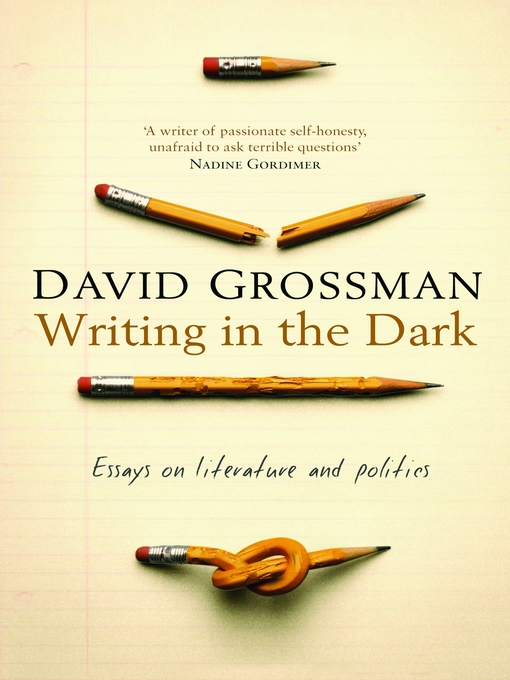- Available now
- New eBook additions
- New teen additions
- New kids additions
- Most popular
- Try something different
- Feel-Good Reads
- No Waiting! No Holds!
- New Non-Fiction
- Love is in the Air: Romance Reads for Adults
- New Nonfiction
- See all ebooks collections
- Available now
- New audiobook additions
- New teen additions
- New kids additions
- Most popular
- Try something different
- No Waiting! No Holds!
- Feel-Good Reads
- See all audiobooks collections
- Popular Australian Magazines
- Celebrity
- Crafts
- Entertainment
- Home & Garden
- Sports
- All Magazines
- See all magazines collections

